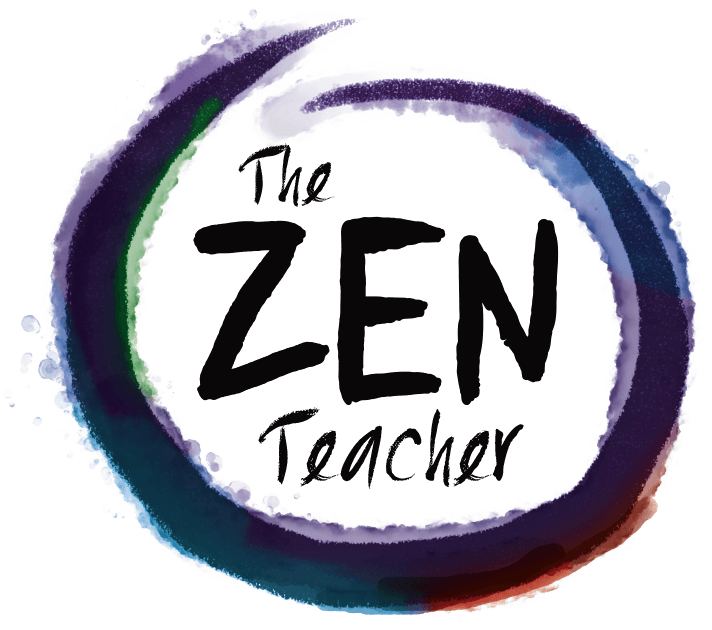But the truly insidious part is that these “to-dos” are not a function of one giant, T-Rex-sized choice that we make that shackles every square on our calendar or fills-up every spot of the day’s chore list on the pad in the kitchen—you know, the one that invariably has a cat or other cute creature on it and reminds us to, “Hang in There” or “Take it Easy.” Irony, much?
In actual fact, the rock quarry gets filled with the stones of obligation over time, with small decision after small decision—some made with intention, yes, but others made out of mere habit and thoughtless repetition.
That’s where mindfulness comes in.
We must be conscious of, and intentional with, as many of our choices as possible, instead of making a knee-jerk reaction, or feeling obligated to a colleague or family member, or worst of all, acting on our habitual treadmill like some living breathing robot and just doing the same thing over and over again simply because that’s how we’ve done it before.
On the contrary, we must ask ourselves, “Will this be the best decision to put me closer to where I want to be in the long run?” or “Is this something I TRULY want to do?”
And this is where “No*,” comes in.
Yesterday, someone in the Twitterverse sent me this article** about the benefits of saying no, and it inspired me to talk a little more about this idea of gently declining new and unwanted obligations. I’ve talked about it before, but it’s always nice to be reminded that, as Anne Lamott says, “No” can be a complete sentence. Whether we are being asked to join another district committee, lead a project or program at our school, or even asked by a loved one to do just one more thing, we have the right to evaluate and assess for ourselves whether this new thing will be do-able, or if we should gracefully and politely say, “No, thank you.”
If we are asked to do something, participate in something, or take on another responsibility, saying no:
–Does not make us lazy.
–Does not make us mean.
–Does not make us selfish.
–Does not make us insensitive, inconsiderate, or thoughtless.
–Does not make us evil degenerates bent on thwarting the anguished cries of our friends and loved ones.
(Extreme? Maybe. But tell me that you’ve never felt that way or that someone hasn’t implied that you SHOULD feel that way. . .)
What saying “No” DOES mean, however, is that we are honoring our time, our health, our energy levels, and our boundaries. We are being WISE and SMART and INTENTIONAL about our decisions. We are trying to put ourselves in a better place so that we can of EVEN MORE AND BETTER use to others, instead of being overburdened, overworked, overscheduled, and ultimately, burnt out.
Sometimes, of course, we need to swing our hammer and break those rocks. Sometimes, though, we need to set the hammer down and just say no, I’ve got enough stones in this quarry already.
And if people balk?
Just remember: You’ve still got a hammer. 🙂 TZT
*If you liked this post, “Just Say No” is an entire chapter in The Zen Teacher: Creating Simplicity, Focus, and Tranquility in the Classroom.
